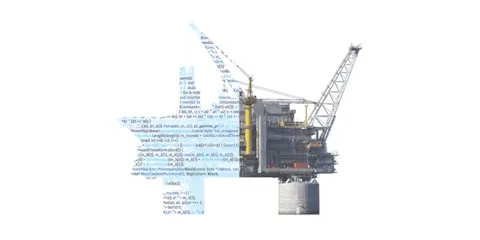Seminar: How cyber incidents can lead to major accidents in the energy sector
Join our complimentary breakfast seminar in Stavanger
Cyber threats to industrial cyber security are becoming more common, complex, and creative. The growing menace of cyber criminals and the increasing interconnectivity of industrial systems, cloud computing, and enterprise IT is making industrial cyber security ever more challenging to manage.
Cyber attacks on industrial infrastructure can have severe physical consequences. For example, an advanced persistent threat (APT) could create a major process accident, such as a gas blow-by, leading to a ruptured pressure vessel and causing a large vapour cloud to form. If that APT has taken complete control of safety instrumented systems, ignition source control will no longer be a reliable barrier function. The vapour cloud would ignite, causing a major explosion that would destroy the installation and could kill nearly everyone on board. Such a scenario is considerably worse than the ransomware cases we read about in the media every day.
In this seminar, we will discuss developments in the industrial cyber threat landscape and cyber-physical scenarios. We will showcase how DNV’s real-world cyber security expertise is helping customers identify their cyber risks, build a powerful force of defence against threats, recover from attacks and win stakeholder trust and support.
This seminar is specifically useful for:
oil and gas operators, suppliers, and engineering companies.
Please register for the complimentary seminar. There is a limited number of seats, so a first-come first-served basis will apply.
